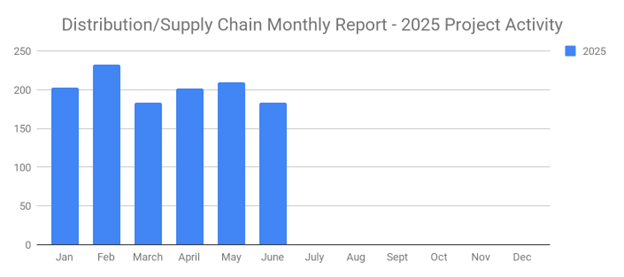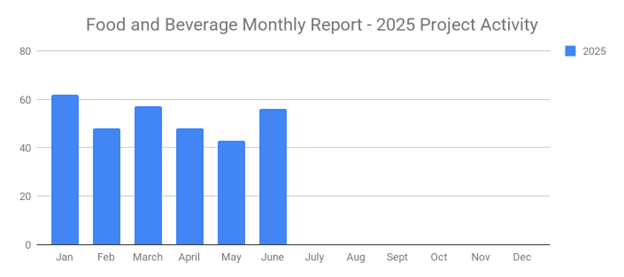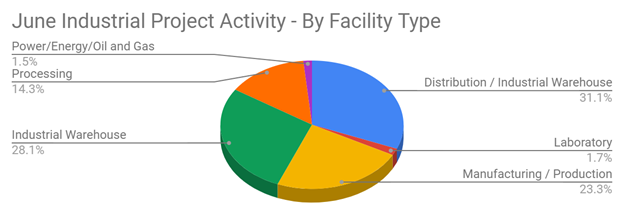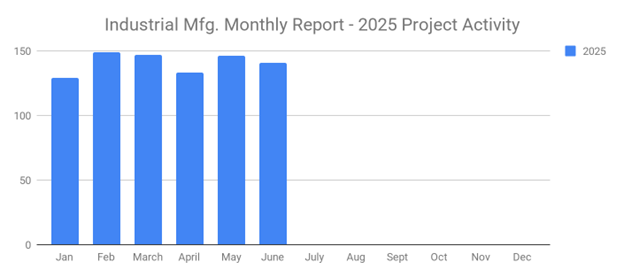
When communicating with prospects, you can't ignore the benefits of discovery questions. Discovery questions set the stage for lead qualification. You can use them to qualify leads and, thus, promote a more productive and efficient sales process. By including discovery questions in your B2B company's overall sales strategy, you can leverage lead qualification. There are several things you need to know about lead qualification, however, to get started.
What Are Discovery Questions?
Discovery questions are questions that are designed to determine whether a lead matches a B2B company's target audience. Marketers or sales reps will ask discovery questions to prospects. By evaluating a given prospect's responses, marketers and sales reps can qualify the prospect.
Lead qualification, of course, is all about finding prospects who are likely to make a purchase. Qualified leads are prospects who match your B2B company's target audience. They consist of the same demographics as your B2B company's existing buyers. Therefore, they are easy to convert into buyers. You can ask discovery questions to identify qualified leads such as this.
The Purpose of Discovery Questions
With discovery questions, you can leverage lead qualification while determining whether prospects match your B2B company's target audience. Not all of the leads that your B2B company generates will be qualified. Qualified leads are those that fit your B2B company's ideal profile. In other words, they are similar to your B2B company's typical buyers. Research shows that only about one in four leads transferred from a B2B company's marketing department to its sales department will be qualified. The remaining three-fourths of B2B leads are unqualified.
You can qualify leads by asking discovery questions. When communicating with a prospect, asking him or her discovery questions will provide insight that, among other things, you can use for lead qualification purposes. You'll have a better understanding of the prospect's needs and background. With this information, you can determine whether the prospect matches your B2B company's target audience. Prospects who match your B2B company's target audience are qualified leads. Those who don't match your B2B company's target audience are unqualified leads.
By asking discovery questions, your B2B company will benefit in the following ways:
- Identify qualified leads who fit your B2B company's target audience
- Increased sales productivity and efficiency
- Higher lead-to-buyer conversion rate
- Less-congested sales funnel
- Shorter sales cycle
- More total sales
Common Discovery Questions to Consider Asking
If you're going to include discovery questions in your B2B company's overall sales strategy, you might be wondering what types of questions you should ask. You may want to ask prospects what their business's biggest challenge is, for instance. All businesses experience challenges. Many businesses, in fact, seek products or services from B2B companies so that they can solve a challenge.
Don't forget to ask prospects what their role is. Qualified leads almost always consist of high-level roles. C-suite executives, for example, are high-level roles. Maybe a prospect is a Chief Executive Officer (CEO), or perhaps a prospect is a Chief Financial Officer (CFO). C-suite executives are high-level roles that have the authority to make purchasing decisions on behalf of their businesses.
You can inquire about the budget of a prospect's business. If you're looking to sell a product or service, you'll need to ensure that the prospect's businesses can afford it. Businesses with a lower budget aren't a good fit for your B2B company. Therefore, a common discovery question is "How much money is your business looking to spend?"
Another discovery question to consider asking is "What is your business's purchasing process?" Different businesses have different purchasing processes. Some of them have a short purchasing processing that involves a single decision-maker. Others have a longer and more complex purchasing process that involves over a half-dozen decision-makers. By inquiring about a business's purchasing process, you'll know whether you're talking to the right person.
Perhaps the most important discovery question to ask is "Who is your business's current supplier?" You want to identify the B2B company that the prospect's business is currently using so that you can explain why your B2B company is a better choice. To convert a prospect into a buyer, you'll have to create a strong value proposition. This value proposition must explain the advantages of choosing your B2B company's products or services over the competitor's products or services.
You can ask objective-based discovery questions. Objective-based discovery questions are those that provide insight into the goals and objectives of a prospect's business. Examples of objective-based discovery questions include "What's your business's projected growth rate for the year?" and "When are you planning to enter a new market?"
When to Ask Discovery Questions
You should typically ask discovery questions when communicating with prospects for the first time. After all, they are known as "discovery questions" because they occur during the discovery stage.
The discovery stage is the same as the lead qualification stage. It's found at the top or beginning of the sales funnel. When you reach a new prospect for the first time, you can ask him or her a set of discovery questions. Assuming you ask the right questions, you can qualify the lead. Qualified leads can then be prioritized by your B2B company's sales department.
While most B2B companies ask discovery questions over the phone, you can use other communication channels. Some sales reps and marketers ask discovery questions in emails. If you're sending an email to a new lead, you can ask a few basic discovery questions. Don't just create a list of discovery questions in the email. Instead, introduce yourself and the B2B company for which you work while adding a few basic discovery questions. Doing so will break the ice with the prospect while giving you a better understanding of his or her needs. When the prospect responds to your email, you can follow up with additional discovery questions.
Keep in mind that you should typically avoid asking discovery questions in the latter stages of the sales funnel. Discovery questions work best when asked during the discovery or lead qualification stage.
Overall
If you use an outsourcing service for prospecting, be sure to work together as they can be instrumental in getting information for discovery questions or even creating new ones based on your ICP. To team up with professional callers, contact us to find out more.
What to learn more? Get in Touch
Latest Posts
-

June's New Distribution and Supply Chain Planned Projects Return to March’s 183 Confirmed Figure
-

Food and Beverage Rebounds with 56 New Planned Projects Igniting Growth After Decline
-

June 2025’s New Industrial Construction Projects Grew 7% Month-Over-Month
-

Q2 Industrial Manufacturing Soars 31% for Planned Projects Over $100M; June Planned Industrial Projects Hit 141

